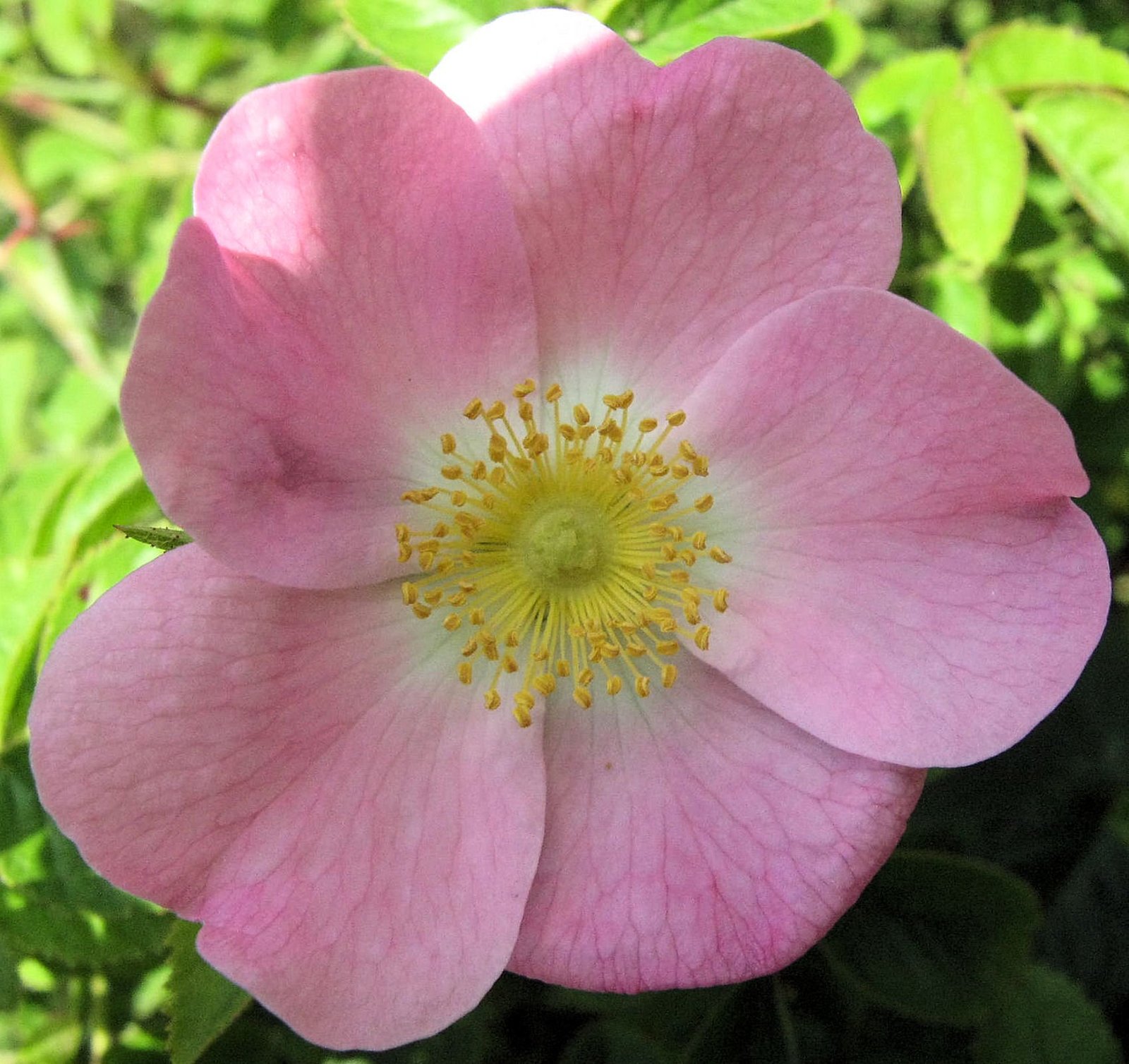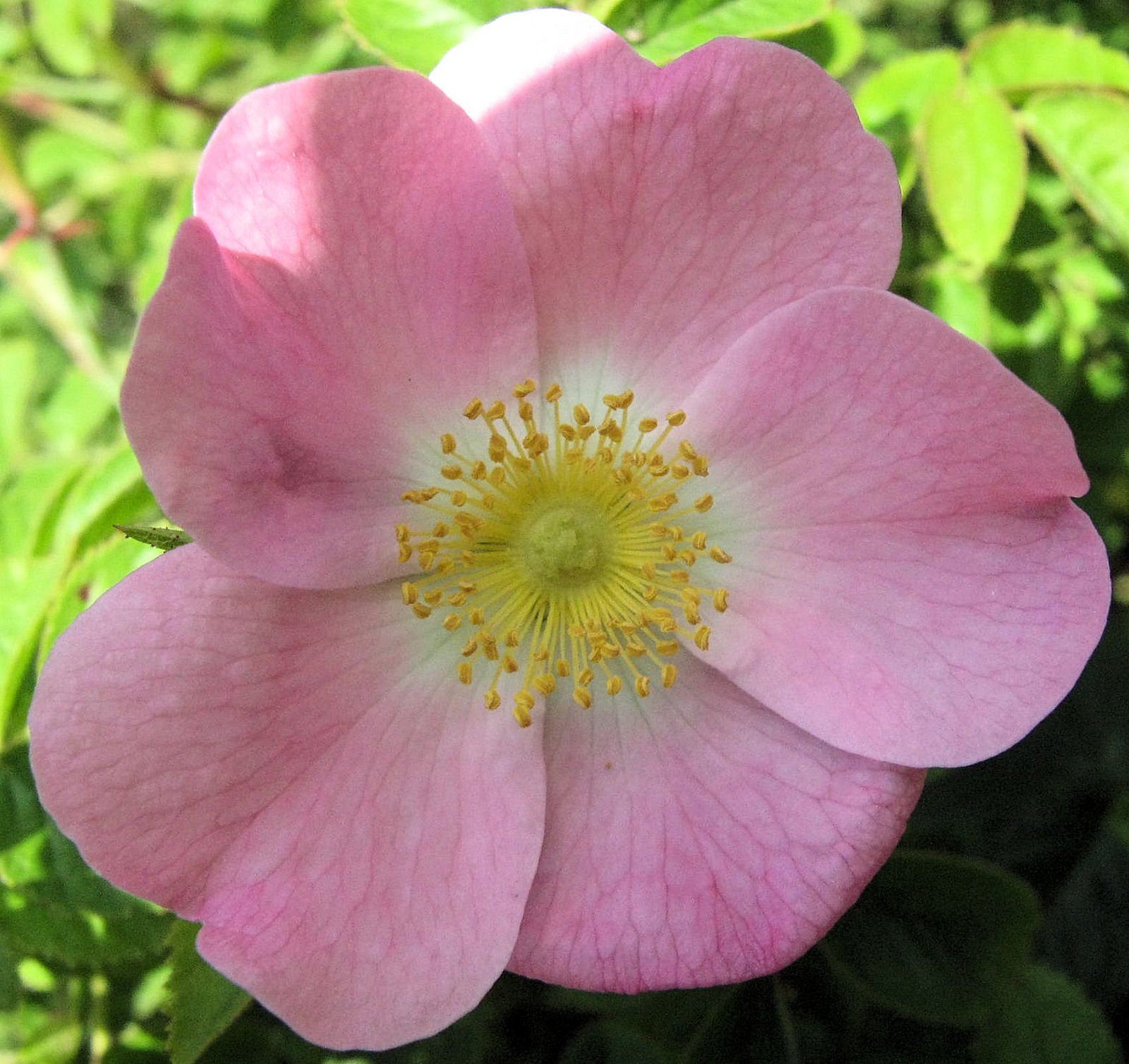Are Rose Hips Poisonous?

 , licensed under CC BY-SA 2.0
, licensed under CC BY-SA 2.0Rose hips, the fruit of the rose plant, are generally not considered poisonous. However, there are some important considerations regarding their safety and potential side effects.
What Are Rose Hips?

 , licensed under CC BY-SA 2.0
, licensed under CC BY-SA 2.0Rose hips are the small, round fruits that develop after the rose flower has bloomed and fallen off. They are commonly used in teas, jams, and other culinary and medicinal applications due to their high vitamin C content and other beneficial properties.
Are All Rose Hips Safe to Consume?
While most rose hips are not inherently toxic, there are a few key points to consider:
Specific Types of Rose Hips and Toxicity
Rose hips, particularly those from Rosa canina L. (Dog Rose), are generally not considered toxic. However, some other rose species may contain components that could cause adverse effects. The most commonly used rose hips are from Rosa canina L., Rosa acicularis Lindl., Rosa cinnamomea L., and Rosa rugosa Thunb.[1][3][5].
Rose Hip Seeds
There is a misconception that rose hip seeds contain cyanide, but scientific evidence does not support this for Rosa canina specifically. While some plants in the Rosaceae family may contain cyanogenic glycosides, there is no clear evidence that Rosa canina seeds are toxic[4].
Symptoms and Effects of Consumption
Digestive Issues
The high tannin content in rose hips can cause digestive symptoms such as vomiting, gastritis, loose stools, and flatulence, especially in high doses[2][5].
Allergic Reactions
Some individuals may experience allergic reactions, including contact dermatitis and keratitis, due to the plant’s components[1].
Seed Consumption
While the seeds are not toxic, they can cause discomfort due to their hairy surface, which may lead to itching or choking hazards if not properly prepared[2][4].
Interactions with Other Plants or Substances
Digoxin Assays
Rose hip can interfere with certain lab assays for digoxin, leading to false positives. However, this is more related to the method of testing rather than a direct toxic interaction[1].
Medication Interactions
High doses of rose hip, due to its vitamin C content, can interact with blood-thinning medications like warfarin. It may also interact with other medications such as aspirin, estrogens, lithium, and certain antipsychotic drugs[5].
Guidelines for Safe Identification and Consumption
Visual Markers
Safe rose hips are typically round or oval-shaped, orange or bright red, and grow at the base of the blossom of wild rose plants like Rosa canina. Ensure the hips are free from any signs of decay or mold[5].
Preparation
Remove the hairs from the surface of the rose hips before consumption to avoid digestive discomfort. Seeds should be ground carefully to avoid choking hazards[2][4].
Dosage
Moderate consumption is advised. High doses can lead to digestive issues and potential interactions with medications. There is no established lethal dose for rose hip consumption, but caution should be exercised, especially in pregnant or breastfeeding individuals and those with certain medical conditions[1][2][5].
In summary, while most rose hips are not considered poisonous, it’s important to be aware of the potential side effects and interactions associated with their consumption. Proper identification, preparation, and moderation are key to enjoying the benefits of rose hips safely.
Reference:
- Drugs.com: Rose Hip Uses, Benefits & Dosage – Drugs.com Herbal Database[1]
- Botanical-online: Rose hip toxicity – Botanical-online[2]
- Dovepress: Bioactive ingredients of rose hips (Rosa canina L) with special reference to antioxidative and anti-inflammatory properties: in vitro studies[3]
- National Center for Biotechnology Information: Cyanogenic Glycosides[4]
- MedlinePlus: Rose Hip[5]
